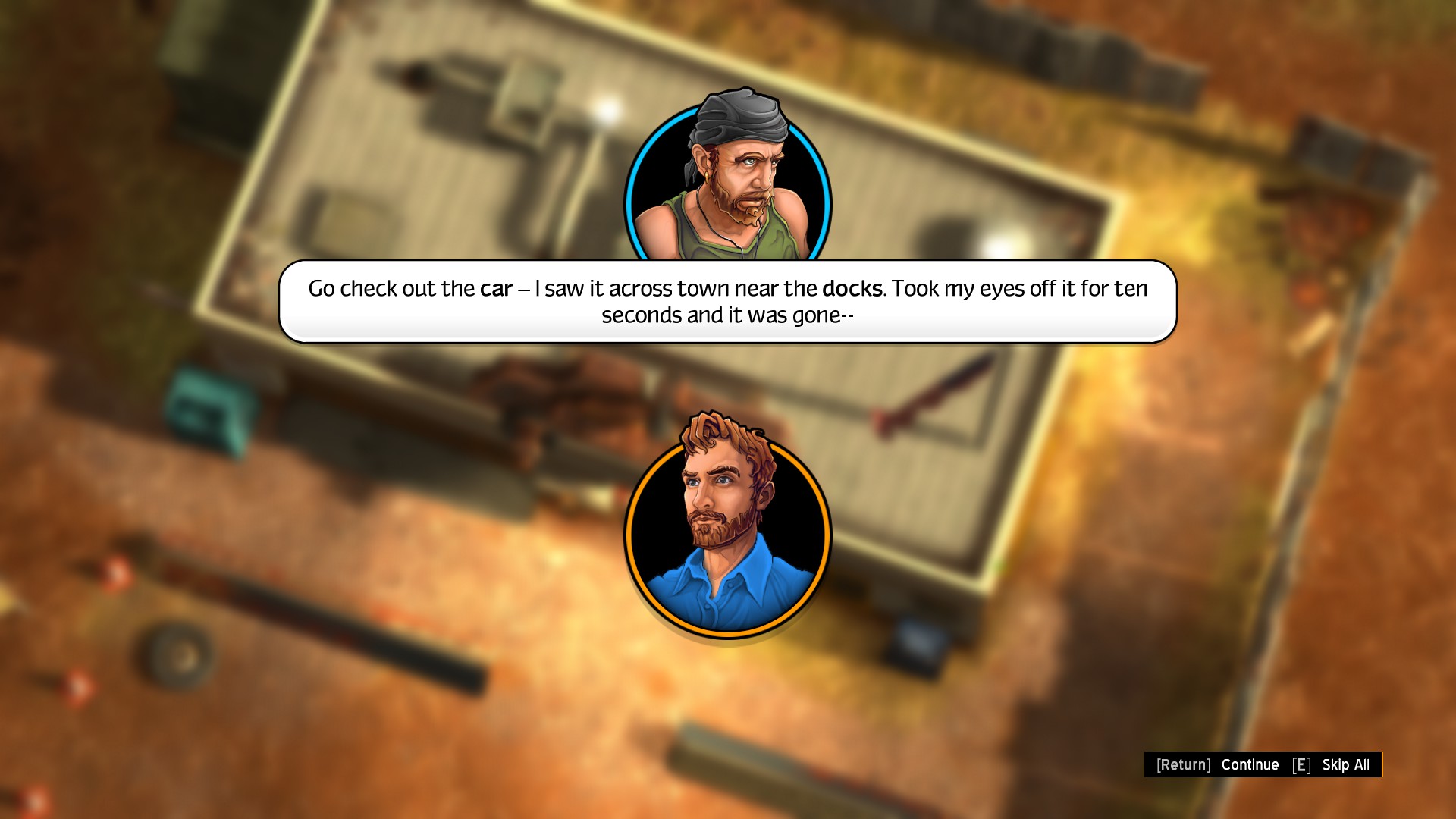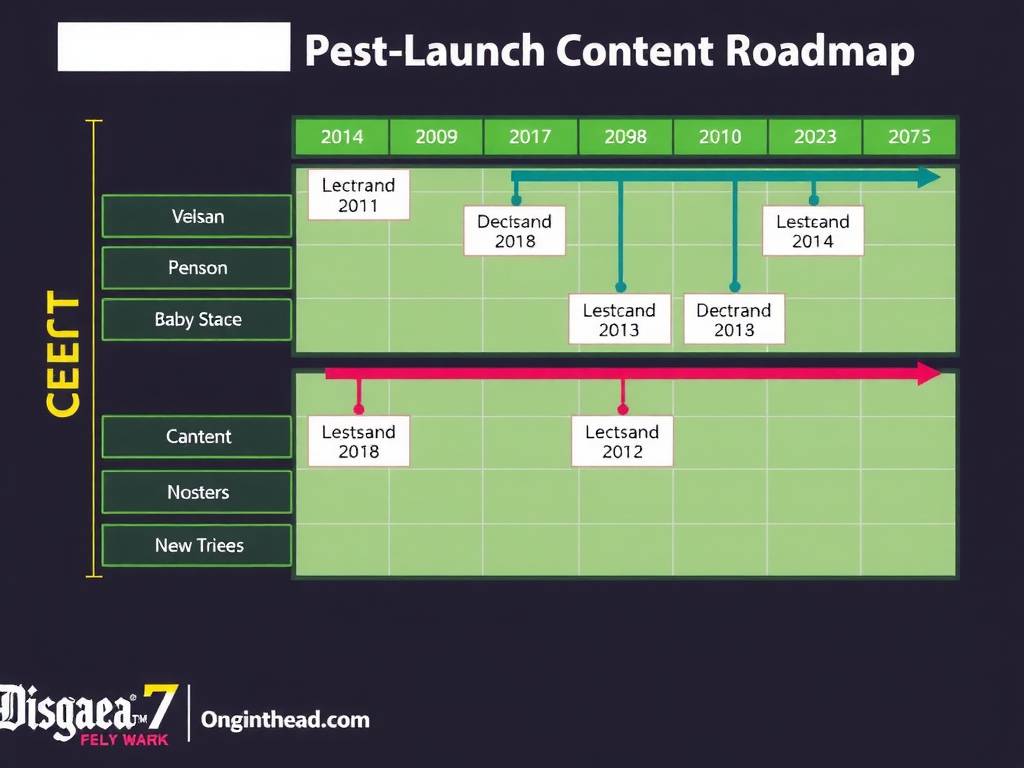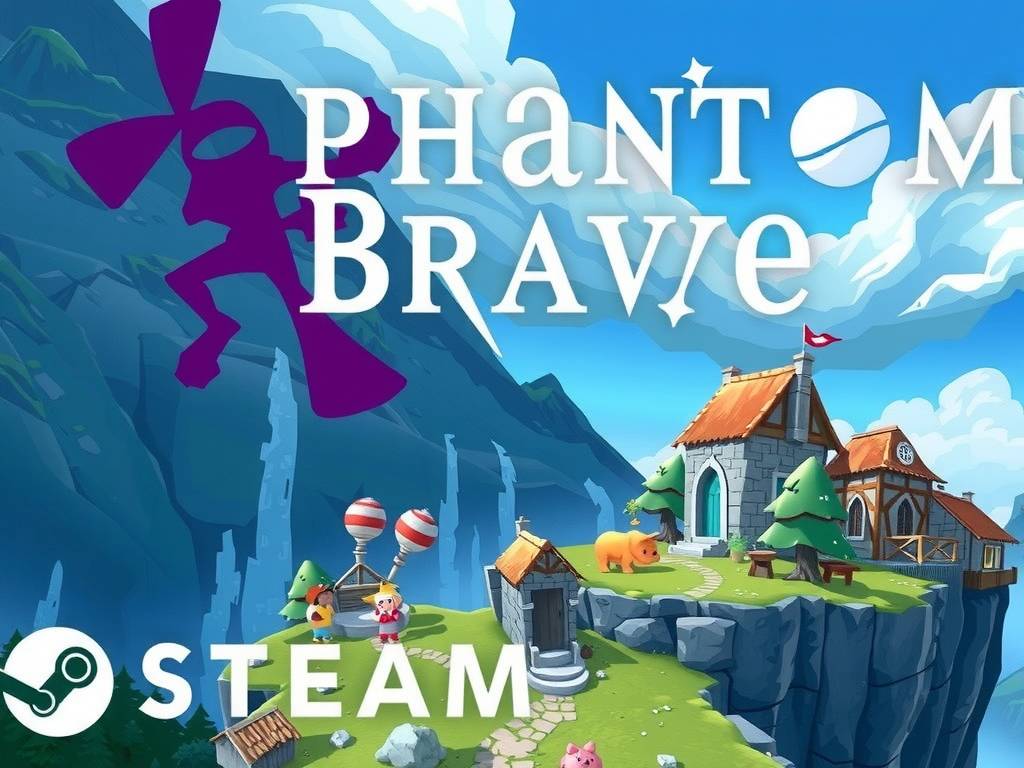The Insider's Playbook: Uncovering Deep Game News Beyond the Headlines
In the fast-paced world of video games, staying updated with the latest releases and announcements is one thing, but obtaining truly deep game news—the kind of insider information, nuanced analysis, and forward-looking trends that shape the industry—is an entirely different pursuit. For dedicated gamers, industry professionals, and content creators, surface-level headlines from major outlets are no longer enough. This guide provides a comprehensive strategy for diving beneath the surface and accessing the most valuable and often hidden information in the gaming world.
1. Move Beyond Mainstream Gaming News Sites
While IGN, Gamespot, and Polygon are excellent for broad announcements and reviews, deep news often breaks elsewhere. These sites cater to a massive audience, which means their content must be broadly palatable and quick to publish. To go deeper, you must diversify your sources.
- Niche Blogs and Community Sites: Seek out sites dedicated to specific genres or platforms. For instance, Rock Paper Shotgun for PC gaming, Nintendo Life for Nintendo enthusiasts, or USgamer for critical, long-form analysis. These outlets often have writers with specialized knowledge who can provide context that larger sites miss.
- YouTube Analysis Channels: Don’t just watch trailers. Channels like Matthewmatosis, Noah Caldwell-Gervais, or Writing on Games offer multi-hour deep dives into game design, narrative themes, and industry patterns. These analyses can reveal the "why" behind the "what" of game news.
2. Master the Art of Social Media Sleuthing
Social media is the central nervous system of the games industry, but it requires a curated approach to be useful.
- Twitter (X) Lists: This is your most powerful tool. Create private Twitter Lists to organize accounts. Have one list for Industry Insiders (developers, producers, narrative designers), another for Journalists known for investigative work (e.g., Jason Schreier, Cecilia D'Anastasio), and another for Data Miners and Leakers (but always treat their info with skepticism). Watching these lists separately from your main feed filters out the noise.
- LinkedIn: An often-overlooked resource. Follow key figures at major studios and publishers. Job postings can reveal unannounced projects (e.g., a listing for a developer experienced with "open-world RPGs" at a studio known for linear games). Promotions and departures can also signal the health and direction of a project.
- Discord and Reddit Deep Dives: Subreddits like r/GamingLeaksAndRumours can be a minefield of misinformation, but they can also be the first place obscure but credible leaks appear. The key is to identify trusted users with a proven track record. Similarly, official Discord servers for specific games are where the most dedicated fans share findings and frame-by-frame analyses of teasers.
3. Decode the Industry's Financial Language
True deep news often lies in financial documents and corporate communications.

- Earnings Reports and Investor Calls: Publicly traded companies like EA, Activision Blizzard, Nintendo, and Take-Two host quarterly earnings calls. While often dry, these calls can contain goldmines of information: confirmation of release windows, talk of "unannounced projects in development," and shifts in corporate strategy based on what's driving revenue.
- Patent Filings: Companies like Sony Interactive Entertainment regularly file patents for new controller designs, AI behaviors, and graphics rendering techniques. These filings provide a fascinating glimpse into the possible future of game tech years before it hits the market.
4. Engage with the Developer Ecosystem
The closest you can get to the source is by engaging with the people who make the games.
- Game Developer Conferences (GDC) Talks: The GDC Vault is an archive of incredible depth. Developers give post-mortems on their games, discussing what went right and, more importantly, what went wrong. This is deep news about the *process* of game creation, which informs how future games will be made.
- Developer Blogs and Podcasts: Many lead developers and technical directors maintain personal blogs or appear on niche podcasts. They discuss challenges, inspirations, and technical achievements in a way that press releases never can.
5. Cultivate a Critical and Patient Mindset
Access to information is useless without the right framework to process it.
- Practice Source Criticism: For every leak or rumor, ask: What is this source's history? What could they gain from sharing this? Does this align with known facts? Corroborate everything. The goal isn't to be first; it's to be right.
- Embrace Context Over Speed: Deep news isn't about being the first to know a headline. It's about understanding what that headline *means*. A new game announcement is a fact. Analyzing the studio's history, the creative leads involved, and the publisher's current strategy to understand the game's potential quality and direction is deep news.
- Think in Trends, Not Isolated Events: Connect the dots. A job listing at Studio A, a leaked engine technology from Company B, and a developer's casual comment on a podcast might, when combined, point to a new industry-wide shift towards a specific type of game or technology.
Obtaining deep game news is an active hobby, not a passive one. It requires curation, critical thinking, and a willingness to explore the digital corners of the gaming world where the most interesting information resides. By building a personalized intelligence network across social media, financial reports, developer resources, and community hubs, you will transform from a passive consumer of news into an informed analyst, capable of seeing not just what's happening in games, but what's coming next.






评论列表
1.5trx鑳介噺绉熻祦婕旂ず - 1.5 TRX=1娆¤浆璐︽鏁?鐩存帴鑺傜渷80%!鏃犺瀵规柟鏈夋病鏈塙鎴栬€呮槸鍚︿氦鏄撴墍- 澶嶅埗鍦板潃銆怲AZdAh5LU55aUPPZkgF4rupQwg6inQ5J5X銆戣浆 1.5 TRX鍗冲彲0鎵嬬画璐硅浆璐?TG鏈哄櫒浜?@trxokokbothttps://t.me/xingtatrx